12 Signs You’re A Middle-Class Travel Snob

Ever caught yourself turning your nose up at tourists with selfie sticks while secretly taking your own ‘authentic’ travel shots? We all have travel preferences, but sometimes our middle-class habits reveal a touch of travel snobbery we might not even notice.
From bragging about ‘hidden gems’ to avoiding popular destinations, here are 12 telltale signs you might be a middle-class travel snob.
1. You Roll Your Eyes at Resort Vacations
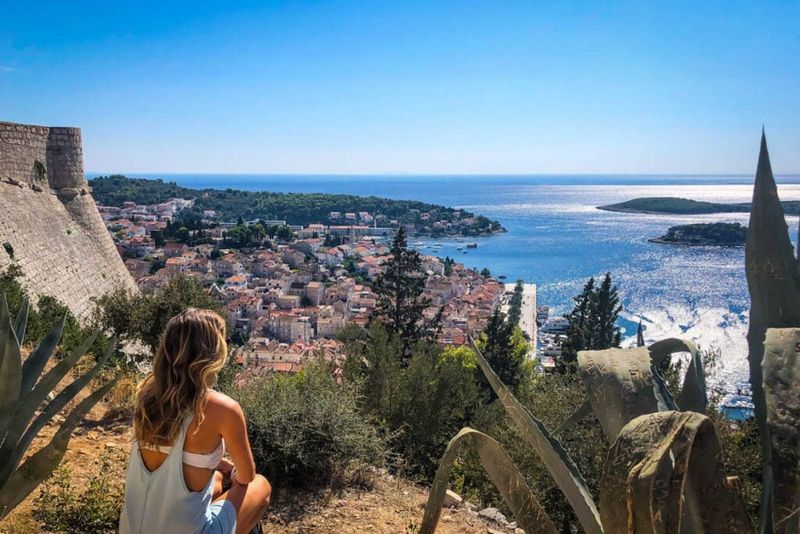
The mere mention of all-inclusive resorts makes you visibly cringe. You consider them tourist traps for people who don’t understand ‘real travel.’ Meanwhile, you’ve spent hours researching boutique accommodations that are somehow both ‘authentic’ and equipped with reliable Wi-Fi.
Your vacation photos carefully exclude any chain restaurants or familiar brands. Heaven forbid anyone discovers you occasionally crave familiar comforts after days of ‘authentic local cuisine.’
2. Calling Yourself a ‘Traveler’ Instead of a ‘Tourist’

If someone calls you a tourist, you immediately correct them with a rehearsed speech about being a ‘traveler’ or ‘explorer.’ Tourists follow guidebooks, but you follow obscure travel blogs and recommendations from that barista who spent three months in Bali.
Ironically, you still visit most major attractions, just with a tattered Lonely Planet guide hidden in your ethically-sourced backpack. Your Instagram captions frequently include phrases like ‘off the beaten path’ and ‘living like a local.’
3. Obsessing Over ‘Authentic’ Experiences
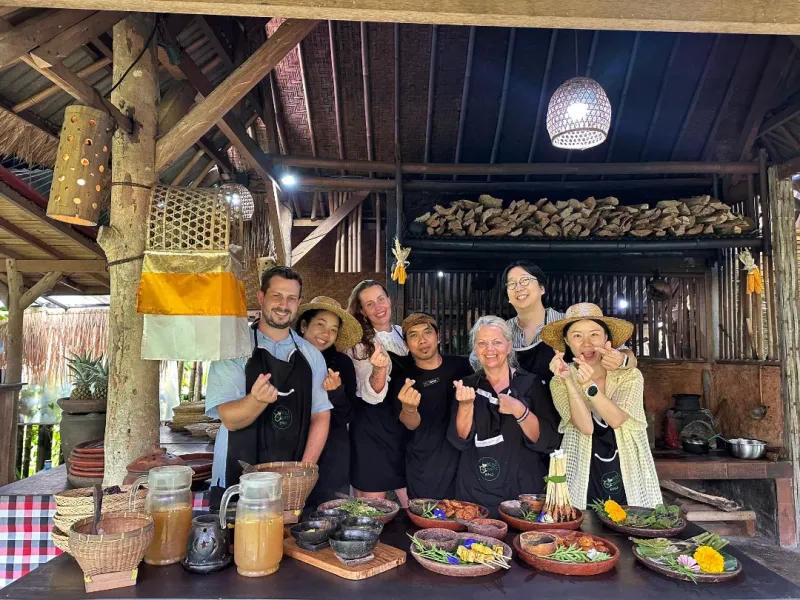
Nothing upsets you more than a ‘touristy’ experience. You spend hours searching for restaurants where ‘only locals eat’ – though you speak none of the local language. The word ‘authentic’ appears in your travel vocabulary more frequently than ‘please’ or ‘thank you.’
When friends ask for travel recommendations, your suggestions always include obscure locations that are ‘still unspoiled.’ You’ve perfected the disappointed sigh when hearing someone visited a popular landmark rather than the hidden gem you discovered.
4. Bragging About Countries You’ve Visited
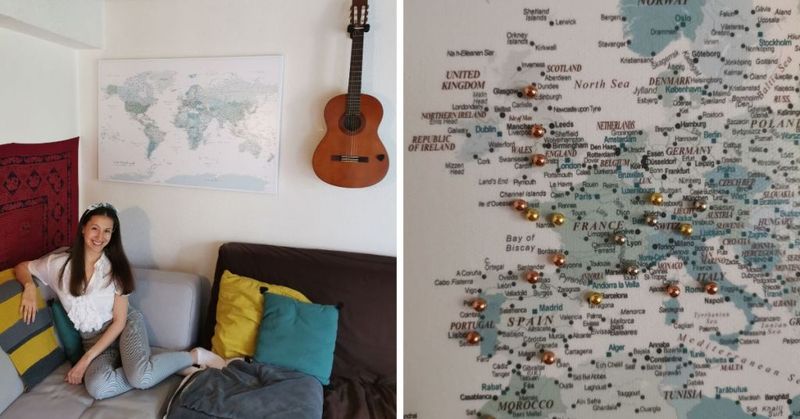
At dinner parties, you casually drop the number of countries you’ve visited into conversation within the first ten minutes. Each destination becomes a badge of honor in your personal travel Olympics. Your home is strategically decorated with ‘meaningful’ souvenirs that prompt travel stories.
World map posters with pins mark your conquests, though you’ve spent less than 48 hours in some of those countries. Nothing gives you more satisfaction than saying, ‘When I was in Myanmar…’ and watching others’ impressed reactions.
5. Judging People Who Don’t Travel Far Enough
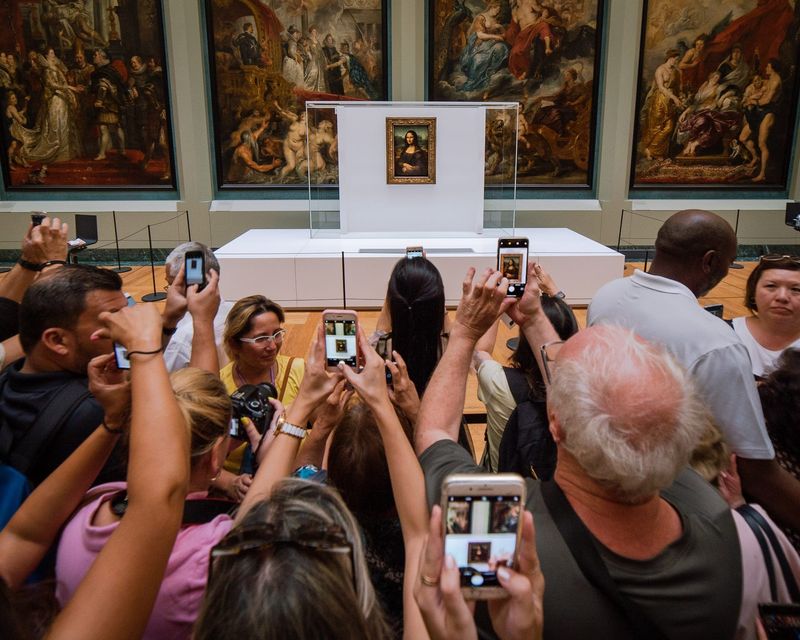
Your colleague’s excitement about their upcoming trip to Cancun triggers your barely concealed judgment. ‘How nice,’ you say, while mentally calculating how many times you could have circled the globe with their resort budget. Weekend trips to nearby states don’t count in your travel tally.
Real travel requires passport stamps and currency exchange. You’ve mastered the art of the sympathetic head tilt when someone mentions they’ve never left the country.
6. Avoiding Popular Destinations as ‘Too Touristy’
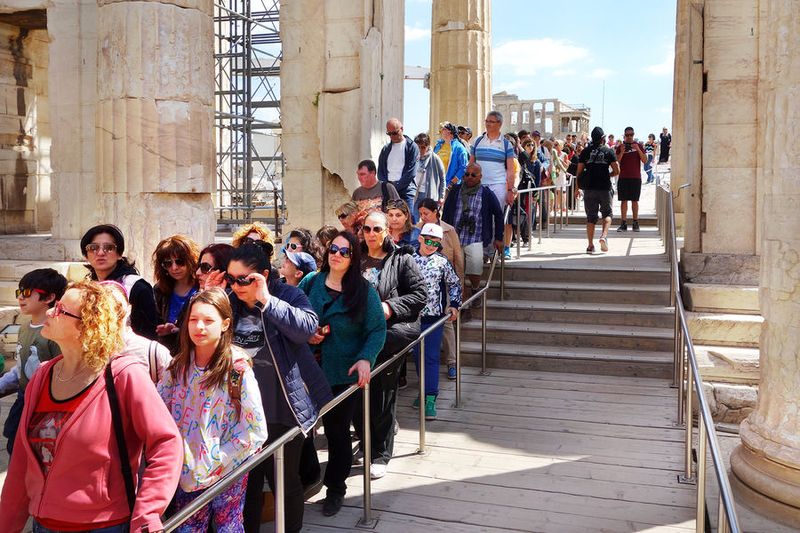
Paris? Too mainstream. Venice? A tourist trap. You prefer destinations most people can’t pronounce or locate on a map. The Eiffel Tower might be one of the world’s architectural wonders, but you’d rather brag about that obscure temple you visited in a village whose name you can’t remember.
Your travel decisions are often based on avoiding other tourists rather than what you actually want to see. If a destination appears on a ‘Top 10’ list, you immediately cross it off your itinerary, regardless of its cultural or historical significance.
7. Excessive Use of Foreign Words in Conversation
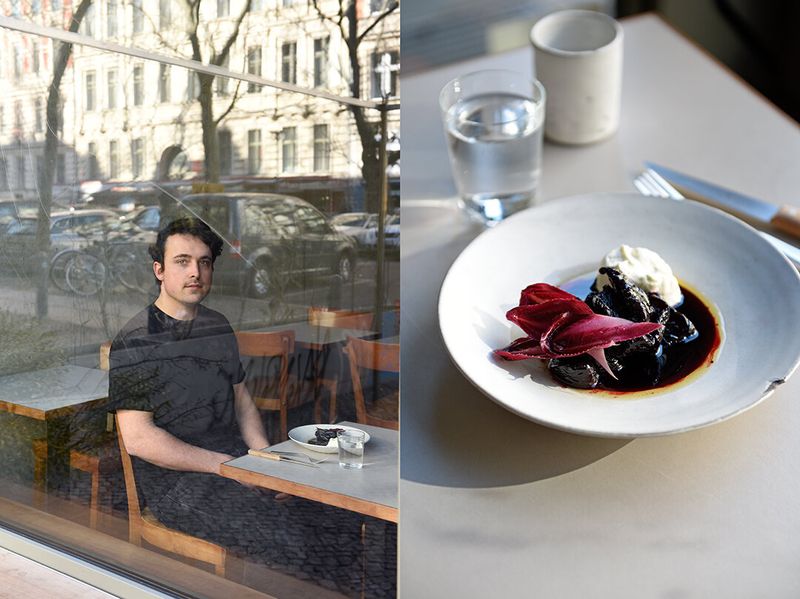
After a week in Italy, you now exclusively refer to coffee as ‘caffè’ with an exaggerated accent. Your vocabulary is peppered with foreign phrases from countries you’ve briefly visited, often mispronounced but delivered with unwavering confidence.
Friends have learned to expect a language lesson with every travel anecdote. ‘In Thailand, they call it “sabai sabai,” which means…’ becomes your standard conversation opener. You’re particularly fond of explaining concepts that have ‘no English equivalent.’
8. Oversharing Unsolicited Travel Advice
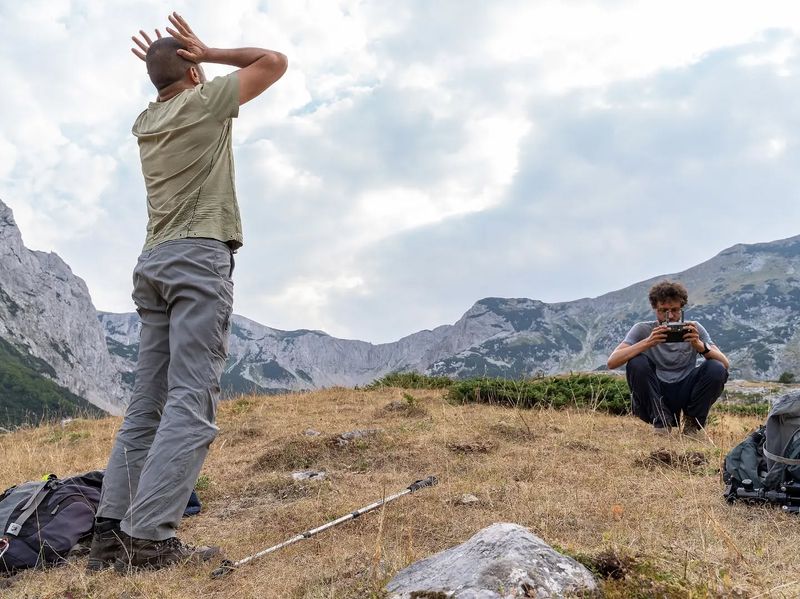
When someone mentions an upcoming trip, you launch into a detailed monologue about your superior experience there three years ago. Your advice always includes warnings about tourist traps and recommendations for places that have likely closed since your visit.
You’ve created Google Docs with exhaustive itineraries that you share without being asked. Each recommendation comes with the disclaimer that things might have changed since you were there, though you’re certain your way is still best.
9. Complaining About How Places Have ‘Changed’
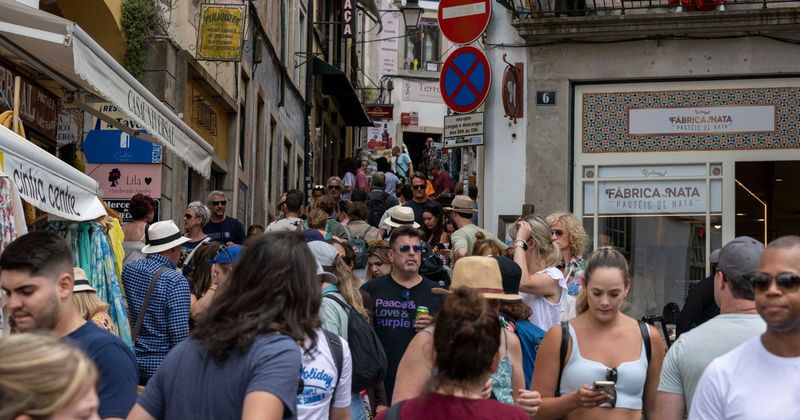
Nothing was as good as when you first discovered it. That beach town was paradise before ‘everyone else’ found it. You frequently lament how destinations have been ‘ruined’ since your first visit, conveniently forgetting you were also once a newcomer. You reminisce about Thailand ‘before it got commercial’ or Bali ‘before the yoga crowd.’
Conversations often include the phrase ‘you should have seen it ten years ago.’ Your travel timeline is the only valid one – anyone who arrived before you was a pioneer, anyone after is just following trends.
10. Displaying Subtle Travel Status Symbols

Your laptop is covered with stickers from obscure destinations, strategically placed for maximum visibility in coffee shops. Your Zoom background frequently ‘happens’ to include your carefully arranged collection of international art or books.
You own clothing items that subtly reference remote locations – not obvious tourist merchandise, but items only a fellow traveler would recognize. Water bottles plastered with adventure company logos accompany you to the gym, silently broadcasting your adventurous spirit during mundane activities.
11. Refusing to Visit the Same Place Twice
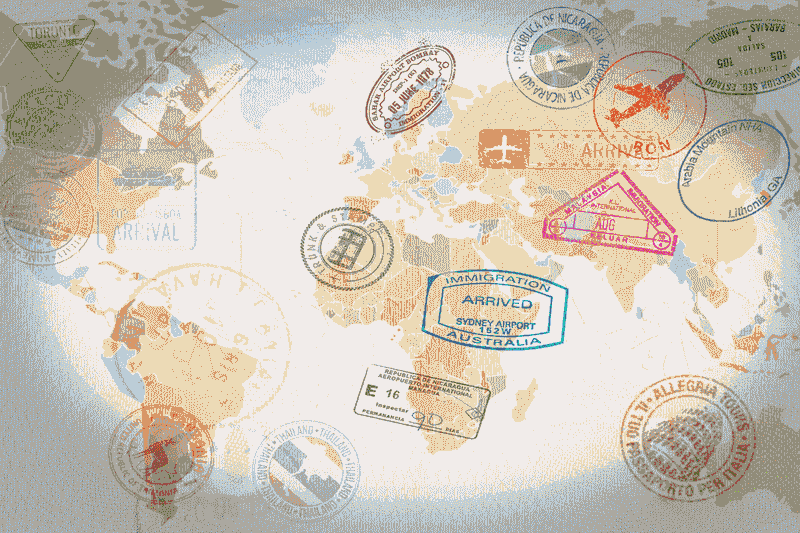
Your travel philosophy centers around never returning to destinations because ‘there’s too much world to see.’ You view repeat visits as wasted opportunities, regardless of how much you enjoyed a place. The thought of a regular vacation spot seems bourgeois and unimaginative.
Friends who visit the same beach every summer receive your thinly veiled pity. Your bucket list is organized by continents and sub-regions to ensure maximum geographic diversity. Annual vacation planning involves eliminating any country that already has your passport stamp.
12. Criticizing Others’ Travel Photos
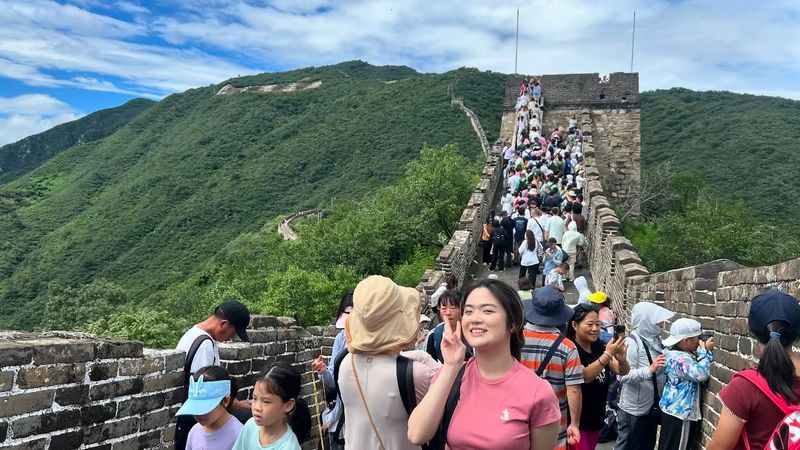
You can’t help but judge friends’ vacation photos featuring obvious landmarks or – gasp – selfie sticks. Meanwhile, your own carefully curated travel gallery showcases artsy shots of doorways, local children (photographed ‘respectfully’), and market scenes where you were ‘the only foreigner.’
Your comments on others’ travel posts often include subtle suggestions for ‘more interesting’ places they should have visited instead. You’ve perfected the art of humble-bragging through travel photography captions that emphasize your unique perspective.
